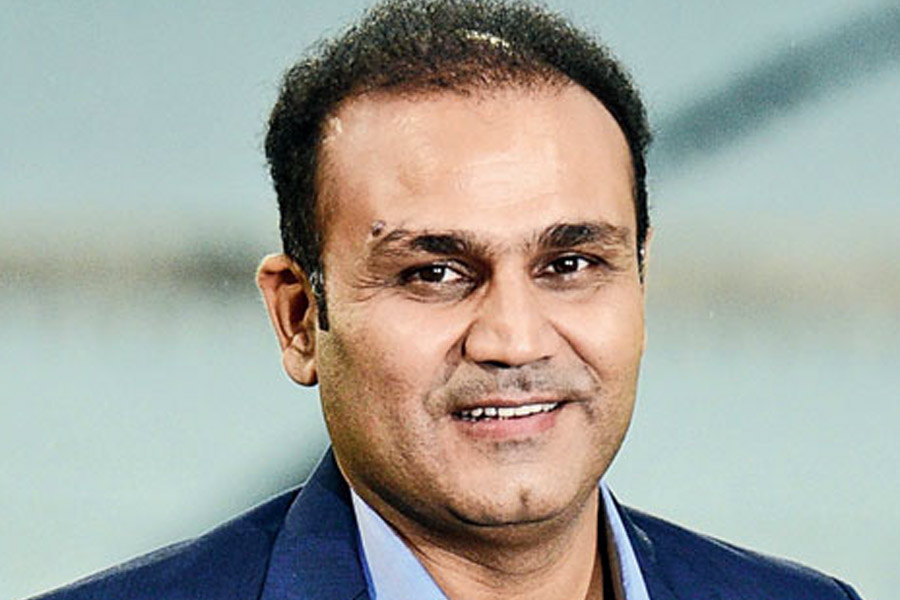A player cannot remain a cricketer for life. But cricketers, including those who have retired from the gracious game, are expected to be gentlemen in perpetuity. Unfortunately, some former cricketers — Virender Sehwag, in this instance — seem to not care for this maxim. After New Zealand beat Sri Lanka, effectively snuffing out Pakistan’s slim hopes of proceeding to the semi-finals, Mr Sehwag had put out an insensitive, albeit tongue-in-cheek, tweet directed at Pakistan. On being criticised for his comment, Mr Sehwag defended his action, citing several instances in which Pakistani cricketers and statesmen, he alleged, had either hurled baseless accusations at India or been caustic about the latter. Responding to or, even worse, emulating undesirable sentiments from across the border is not really the job of a former sportsman. That is the task of a troll. Perhaps Mr Sehwag had got the roles mixed. Moreover, Mr Sehwag, even though he is a former player, remains an august representative of the great game. Indulging in partisanship does not behove Mr Sehwag’s stature as a sportsman. This is because what separates a sportsman from a provocateur is the former’s commitment to the spirit of sportsmanship. There is no doubt that Mr Sehwag was found wanting in that respect.
It can, however, be argued — dispiritingly — that Mr Sehwag’s conduct is merely a sign of the times. The rising political animosity between the two neighbours has, in recent years, taken a toll on their cricketing engagements. Bilateral tours are now a thing of the past. Even tournaments organised by the International Cricket Council are no longer immune to the long shadow of antipathy and differences. Fans and journalists from Pakistan who wanted to travel to India to witness the sporting extravaganza were left disappointed by New Delhi’s miserly disbursal of visas. In Ahmedabad, where Pakistan played India, the behaviour of segments of the crowd was far from ideal. Taken together, these developments are suggestive of the sacrificing of people-to-people contact at the altar of myopic politics. This is disappointing because bilateral ties have often been witness to cricket serving as a bridge, instead of a chasm, between the two neighbours. George Orwell’s description of sporting events being war minus the shooting cannot be dismissed as a figment of the fecund mind. India and Pakistan are proud embodiments of that Orwellian vision.

